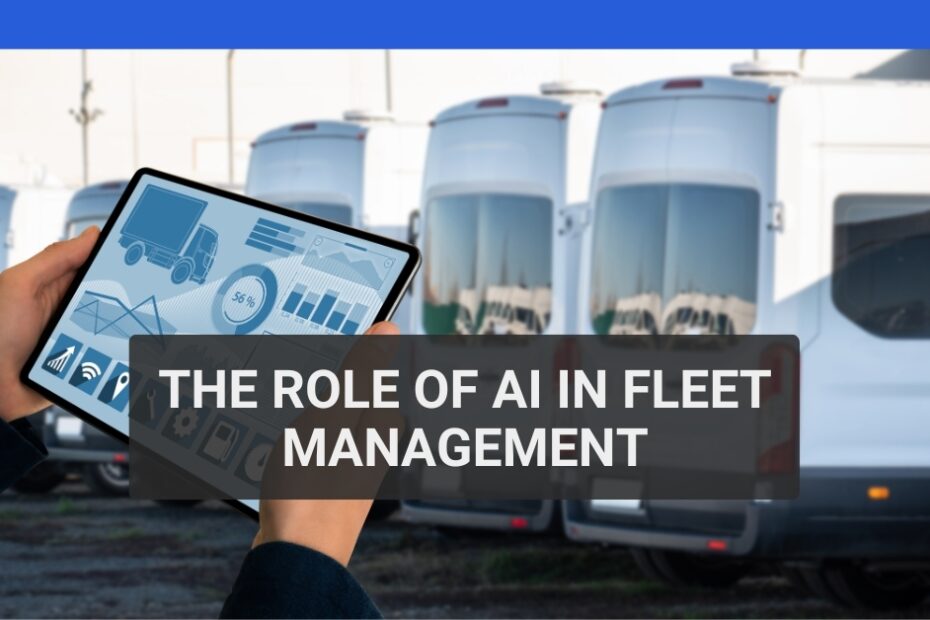AI-powered solutions are revolutionizing fleet management, providing businesses with tools to improve efficiency, reduce costs, and increase safety. As fleet operations become more complex, the integration of artificial intelligence offers an advanced approach to managing vehicles, drivers, and logistics. Here’s how AI is transforming fleet management:
-
Optimizing Fleet Efficiency
AI streamlines fleet operations by analyzing vast amounts of data in real-time. Fleet managers can monitor vehicle performance, fuel usage, and maintenance schedules with greater accuracy. Predictive analytics can identify potential mechanical issues before they become critical, reducing downtime and ensuring that vehicles remain on the road longer. By automating these processes, AI reduces the manual workload and improves overall fleet efficiency.
-
Reducing Operational Costs
AI-driven solutions help cut fleet management costs by optimizing routes, reducing fuel consumption, and enhancing maintenance schedules. Through machine learning algorithms, AI systems can suggest the most fuel-efficient routes based on traffic patterns, weather conditions, and road quality. This not only saves fuel but also reduces wear and tear on vehicles, extending their lifespan. Additionally, AI can predict when vehicles need servicing, preventing expensive repairs and minimizing unscheduled downtime.
-
Enhancing Driver Safety
Safety is a key concern in fleet management, and AI can play a significant role in improving it. AI-powered systems monitor driver behavior, detecting risky actions like speeding, harsh braking, and distracted driving. Real-time feedback helps drivers adjust their behavior to ensure safer driving practices. Some AI systems can even alert fleet managers when a vehicle is involved in an accident, providing instant access to critical data like speed, location, and impact severity. These insights help reduce accidents and enhance driver accountability.
-
Data-Driven Decision Making
AI continuously collects and analyzes data from every vehicle in the fleet. This provides fleet managers with valuable insights into performance trends, allowing them to make informed decisions. Whether it’s optimizing vehicle replacements or managing fuel costs, AI provides the tools needed to make data-driven decisions that improve fleet productivity.
In conclusion, AI is transforming fleet management by enhancing efficiency, reducing operational costs, and increasing safety. By leveraging AI-powered solutions, companies can manage their fleets more effectively, making their operations smarter, safer, and more cost-efficient.
For more information about AI-powered fleet solutions, visit www.usatinc.com.

